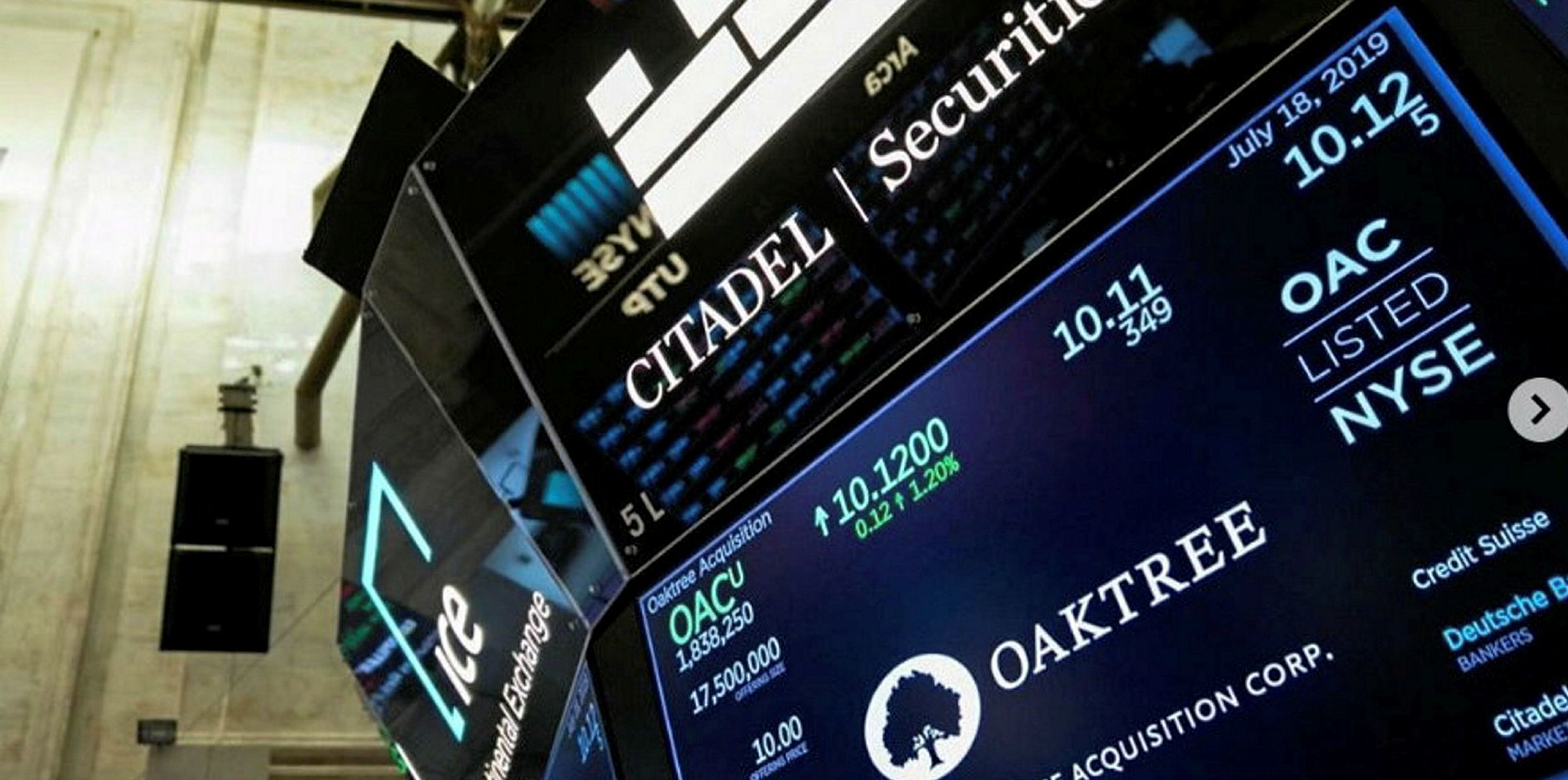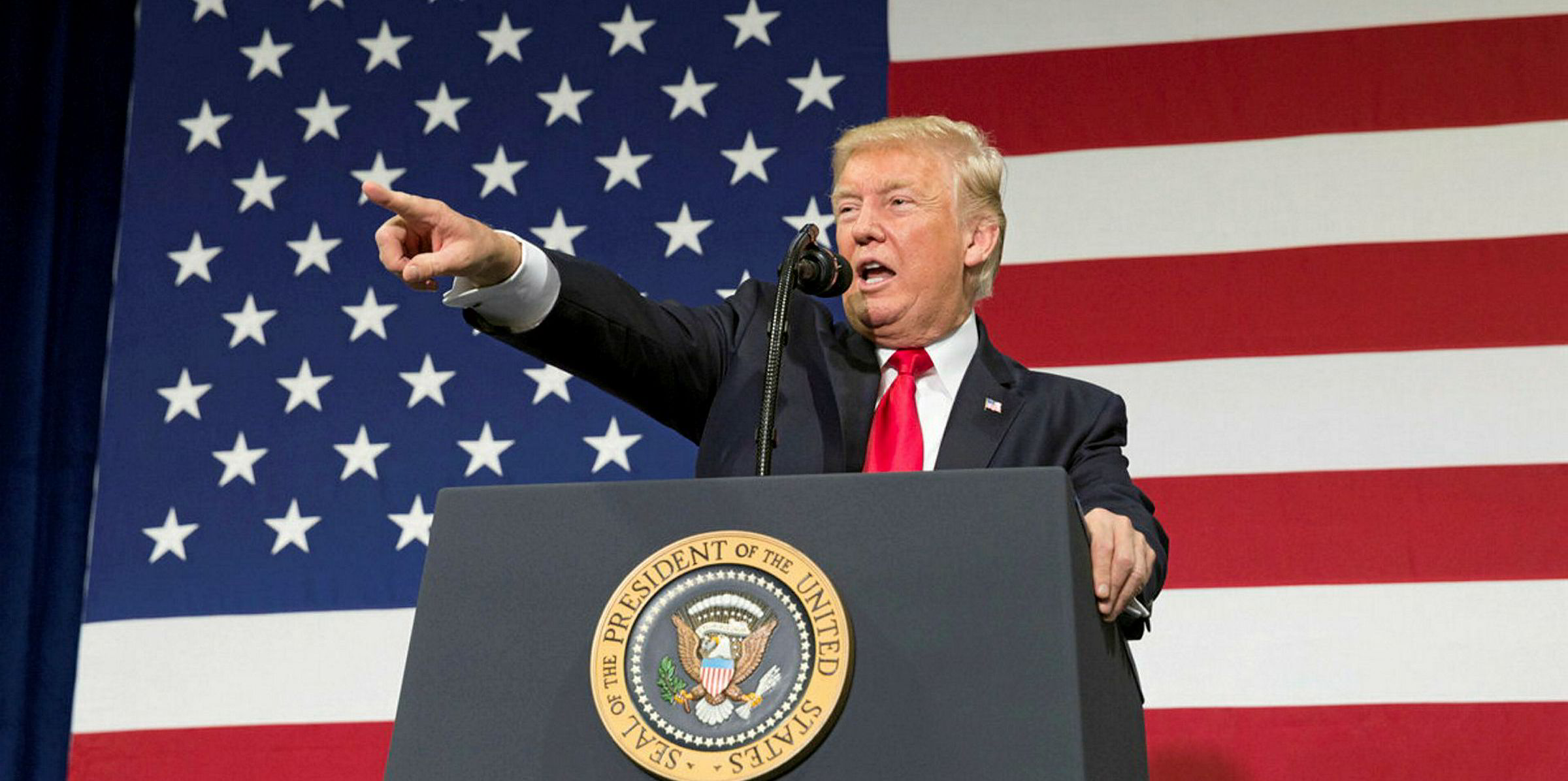Shipping stocks have felt the force of the latest shots fired in Donald Trump’s trade war with China with market turbulence in the past week wiping out year to date climbs.
Red arrows were seen in every core shipping market last week as LNG carrier and dry bulk owners joined tanker and LPG peers in seeing their market values fall as a group.
“Investors are fearing demand growth and the global economic slowdown as evidenced by commodity prices taking a beating last week,” Clarksons Platou Securities analysts led by Frode Morkedal said.
“Brent crude prices fell 5% last week while Iron Ore pricing collapsed 14%. Natural Gas prices are historically weak across all regions.
“The main macro news last week was that China weakened its currency to combat higher US tariffs, seen by many as evidence that a trade deal is not forthcoming any time soon.
“While a devaluation could help China’s exports, the impact on imports is negative.”
Shipping stocks in various sectors have shown polarized development this year.
LNG carrier firms leads the fallers with a 23% drop in 2019, while LPG owners head the pack with a 43% climb.
However, turbulence in the past week left shipping as a whole flat for the year.
This compares with the 18% rise in the S&P 500 and a 6% year-to-date rise in the price of brent, Morkedal and his colleagues showed in a report.
“Investors see weak performance for energy and oil services stocks, which have performed even worse than shipping,” he wrote.
“Several incoming calls are asking ‘what if’ questions. Given the drop in commodity prices, investors are starting to look at what happens to vessel demand should, for example, Opec cut output further.”
Morkedal said his own positive view on shipping was primarily influenced by supply side factors.
He noted an orderbook at the lowest level in two decades and expectations for a significant flow of ships out of the market to fit scrubbers during the second half of the year.
“With essentially no fleet growth, seasonally higher demand alone should be able to lift rates in a normal year, we argue,” he said.
“Although 2019 does not look like a normal year in terms of GDP development, the IMO 2020 effects are a one-off support factor in our view, particularly for oil tankers.”







